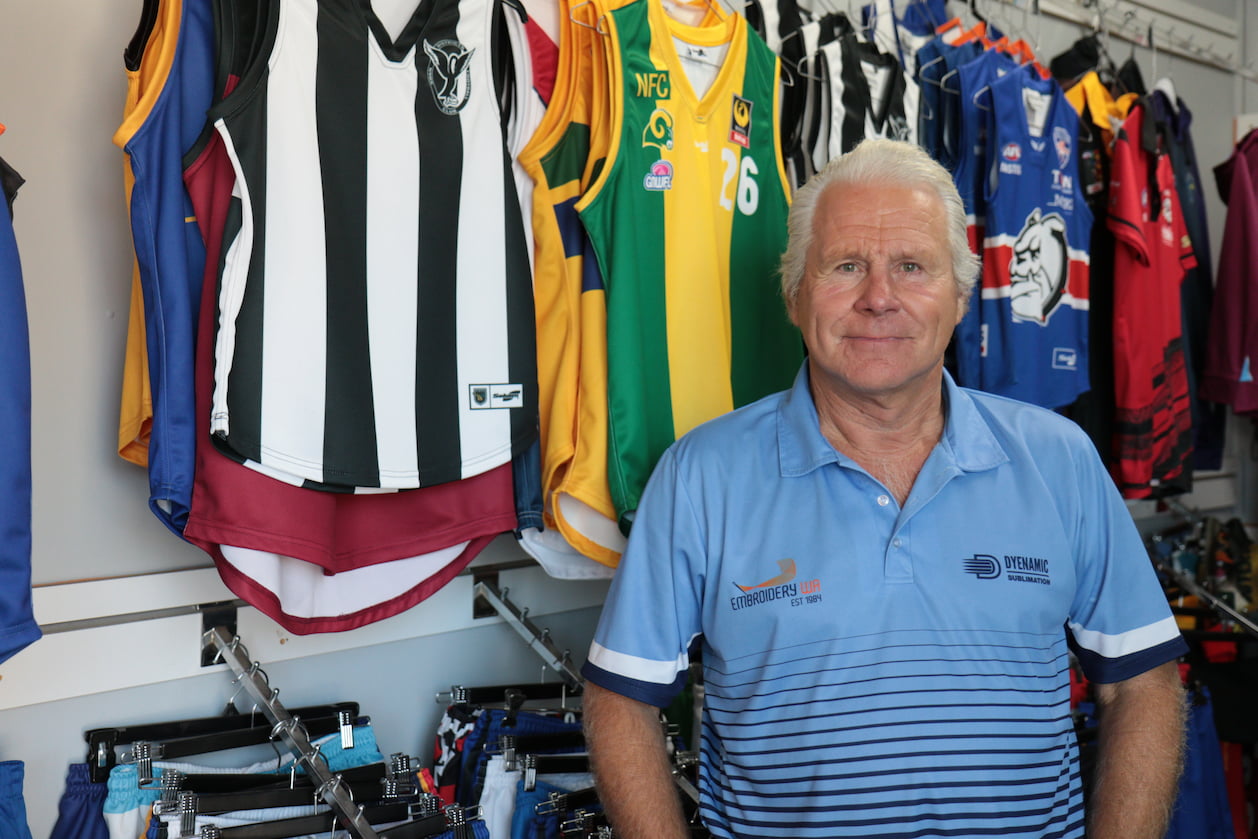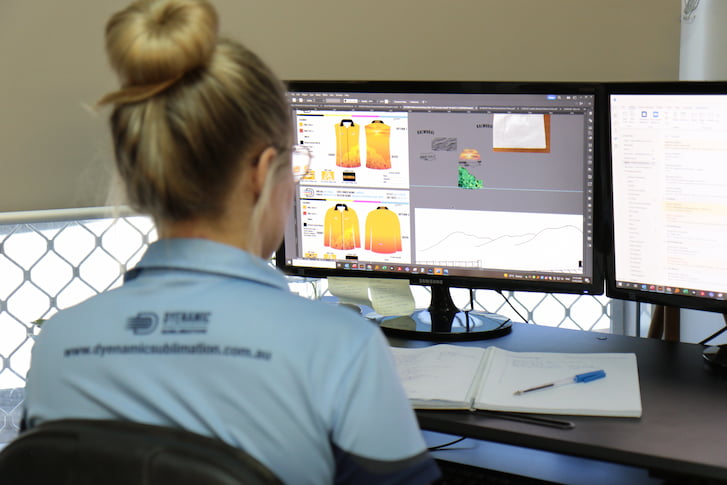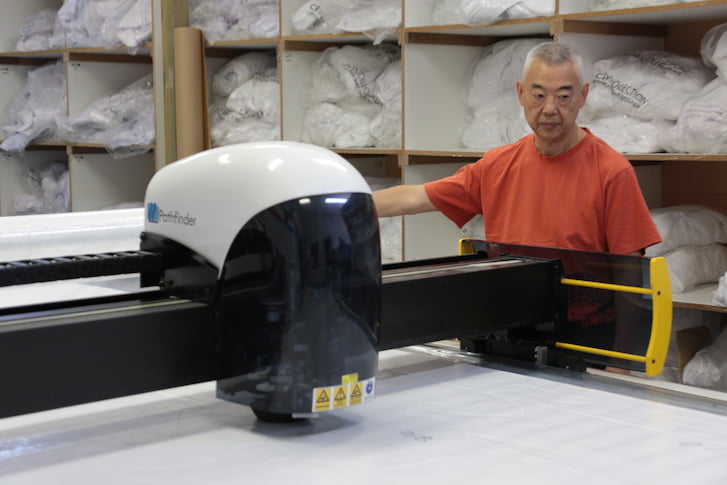Business is like a team sport, says former pro-cricketer turned business owner
A decades-long career in sport – both as a professional athlete and in corporate – helped business owner and DyeNamic Sublimation managing director Chris Smith ‘hold his stance’ during tough times.

Smith was an opening batsman for England at test and first-class levels for over a decade and then worked at the WA Cricket Association (WACA) for seven years, where he was the CEO for majority of that time.
“One of the great things for me in business is that you get highs and lows. One of the reasons why so many sports people struggle with life when they finish playing professional sport is that whilst they played sport, they always got highs with the win or scoring points or runs. Then suddenly, all that just disappears,” Smith says.
“Whereas for me, I'm quite aggressive in the way I want to grow the business. When we've grown well year-on-year, or month-on-month or quarter-on-quarter, those are little highs all the way along which I look forward to achieving and once achieved, I feel good about that achievement.
“I find that business has been a terrific replacement for sport and long may it continue.”
DyeNamic Sublimation is the only business of its kind in WA. It makes sport and corporate clothing from white material.
Dye sublimated printing is a process of applying heat sensitive ink to permanently dye white fabric. This involves printing ink onto specialised paper which is then laid out onto fabric that is cut to size and heat pressing it to transfer the ink into the fabric weave. Then the fabric panels are sewn together.
From cricket to business
When Smith worked at the WACA he had trouble sourcing the embroidered sports and corporate clothing for the organisation. Garments were either poor quality or did not arrive on time, and he felt he could provide a better service.
In 1998, Smith left the WACA and purchased Embroidery WA, which then had one employee. Then in 2013, his staff (which had grown substantially) encouraged him to start a dye sublimated clothing business. This became DyeNamic Sublimation which resides next to Embroidery WA at Welshpool.
Across the two businesses at locations in Perth, Thailand and China, Smith overseas a team of about 120 people, of which 70 are in Perth. DyeNamic Sublimation alone has about 90 employees, which reflects more than 10 times growth over a decade of business.

Staff retention is crucial
Because the manufacturing and printing process is so complex and the intellectual property is so important, highly skilled staff are vital to the business.
“In our company we have considerably less than 1% staff turnover. If we had anything like what other companies experience in terms of staff coming and going, it would simply be impossible to do that job.”
So, Smith makes it a priority to have a positive workplace culture where “it’s like working with your friends” and similar to a team sport environment.
However, the necessity for highly skilled staff was the main reason DyeNamic Sublimation struggled in its early years.
“We were haemorrhaging money for two to three years because we just didn’t have the knowledge and expertise required to be efficient and effective.”
But after a few difficult years, the team became more specialised and the business is now very successful.

Business ‘curtailed’ by limited sewing capacity
In 2019, DyeNamic Sublimation’s customer demand increased to a point where it was printing too many garments to keep up with its sewing capacity.
“We got to a point where we were producing 4,000 to 5,000 garments a week but we only had the ability to sew together in Perth 1,500 garments a week,” Smith says.
“In sport something you hear a lot is you're only as good as your weakest link and the same applied in business. We were going to be curtailed by the amount of garments we could sew in Perth.”
Branching out overseas
This prompted Smith to reach out to CCIWA’s head of International Trade and Investment Centre, Michael Carter, to help him find a business abroad to sew his garments.
“Michael introduced me to contacts in Bangkok and CCIWA has spent so much time with me providing advice on free trade agreements,” he says.
“Now we airfreight all the panels in excess of what we’re able to sew together in Perth to be sewn in Bangkok each week, then they are returned to Perth a week later. I’m very grateful to CCIWA for their advice in achieving this outcome.”
To be part of WA’s peak business organisation, get in touch via 1300 422 492 or [email protected].









